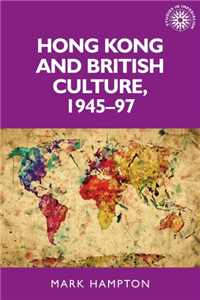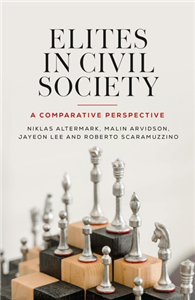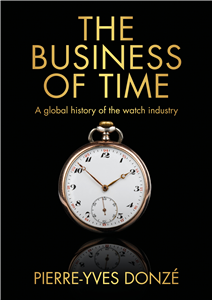Proverse Hong Kong
Proverse Hong Kong is a Hong Kong-based press publishing local and international authors with local and international content, including: English-language and translated literary novels, short story and poetry collections, detective stories, mysteries and thrillers, non-fiction (biography, memoirs, travel, china missionary, education and law-court history; source materials including annotated archival transcriptions) ; poetry anthologies; YA fiction; books for students; academic studies (mainly with a Hong Kong and Hong Kong China focus). Formats: paperback, hardback, POD, e-books, audio. Publication awards: from local and international cultural bodies. Events: Spring and Autumn Receptions in Hong Kong with prize announcements and awards, book launches, authors’ brief talks. Prizes: We offer two annual international prizes for writing previously unpublished in English: 1) the Proverse Prize for book-length works of fiction, non-fiction, or poetry; 2) the Proverse Poetry Prize for single poems (max 30 lines). Open to all, 18+ irrespective of residence, nationality or citizenship. Annual entry periods: 7 May-30 June. More information: proversepublishing.com
View Rights Portal

























